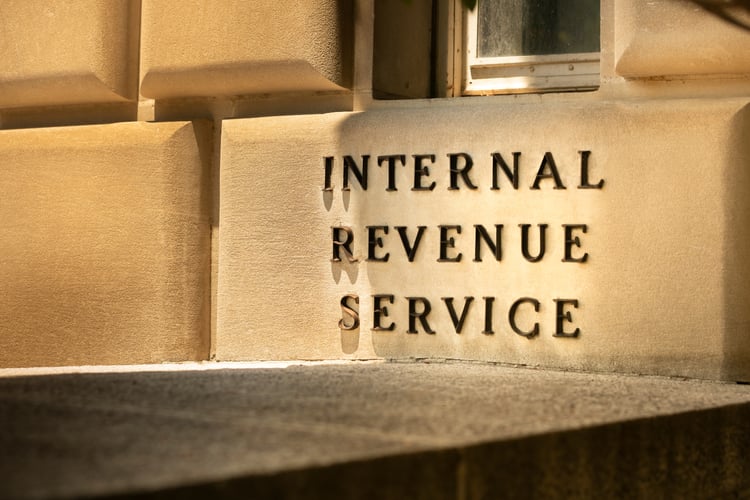

Tom Lehrer, a renowned satirist, once remarked, "Always predict the worst and you'll be hailed as a prophet." This statement, though seemingly cynical, holds a significant amount of truth, especially when we look at the world of stock market pundits.
In the realm of financial markets, there is a noticeable trend where analysts and commentators often lean towards pessimism. Predicting downturns, crashes, and economic crises seems to garner more attention and credibility than optimistic forecasts. But why is this the case?
The Pessimism Playbook: Why Gloom Gets the Spotlight
Human psychology plays a crucial role in this phenomenon. People tend to have a cognitive bias known as "negativity bias," where negative information has a greater impact on their thoughts and emotions than positive information. This bias makes pessimistic predictions more memorable and seemingly more credible. When a pundit predicts a market crash and it happens, they are hailed as a prophet. If it doesn't happen, the prediction is often forgotten or forgiven.
Media outlets also play a significant role in amplifying pessimistic forecasts. Bad news sells. Headlines about impending market crashes or economic downturns attract more readers and viewers than stories about steady growth or minor gains. This creates a feedback loop where pessimistic pundits are given more airtime and their predictions are more widely disseminated.
The Impact on Investors
For investors, this constant barrage of negative predictions can be overwhelming and lead to poor decision-making. Fear-driven selling during market downturns can result in significant losses, while missing out on potential gains during periods of growth. It's important for investors to recognize this bias and seek a balanced perspective.
While it's crucial to be aware of potential risks, it's equally important to recognize opportunities. History has shown that markets tend to recover and grow over the long term. Optimistic investors who focus on the potential for growth and innovation often fare better than those who are constantly bracing for the worst.
Tom Lehrer's observation about predicting the worst and being hailed as a prophet highlights a significant bias in the world of stock market punditry. While it's natural to be cautious, it's essential to balance this with a recognition of the potential for growth and positive outcomes. By understanding the psychology behind pessimistic predictions, investors can make more informed and balanced decisions.




